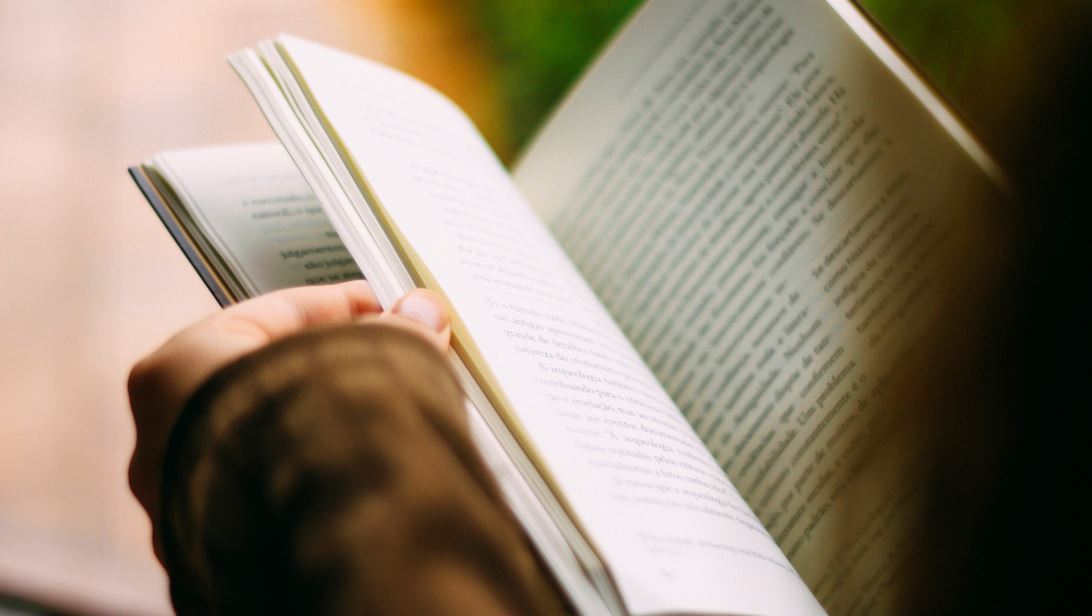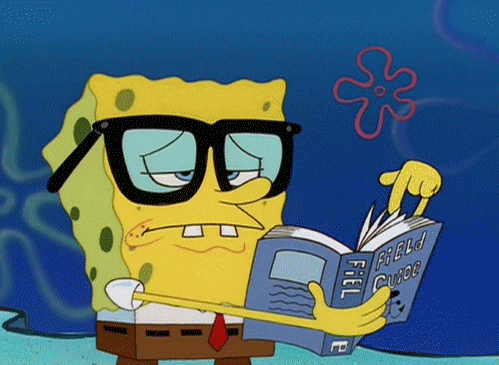It’s always some kind of a task to start a new book; whether that’s because you have no interest in reading or too much of a collection to choose from, it can be a somewhat difficult decision. Hardly a life-or-death situation, I know, but still important.
The literature you choose to spend your time with can have a serious impact on your opinions, your attitudes, and your perceptions of the things around you. That being said, a brilliant book is nothing if it’s skim-read. It’s like giving a toddler a single Lego brick and expecting them to become the Renzo Piano of building blocks. So, in the spirit of helping any readers to get more out of their literary adventures, here are some tips for making your reading more successful.
1. Read often
 It’s sometimes difficult to slot reading into the chaos of this crazy thing called life that we all have to commit to, but it’s worth assigning a bit of time every day to sit down and read. Even if it’s only half an hour before you go to sleep or on the bus on the way to work, you can get through books much more quickly if you read little and often, rather than once every blue moon. The chances of you reaching the end of the book are also higher if you’re reading regularly – I’m sure we’re all guilty of putting a book down half-read, forgetting that we started it, and letting it collect dust on the coffee table because we’re too lazy to carry on reading. If you’re reading regularly, you can never neglect a book for too long.
It’s sometimes difficult to slot reading into the chaos of this crazy thing called life that we all have to commit to, but it’s worth assigning a bit of time every day to sit down and read. Even if it’s only half an hour before you go to sleep or on the bus on the way to work, you can get through books much more quickly if you read little and often, rather than once every blue moon. The chances of you reaching the end of the book are also higher if you’re reading regularly – I’m sure we’re all guilty of putting a book down half-read, forgetting that we started it, and letting it collect dust on the coffee table because we’re too lazy to carry on reading. If you’re reading regularly, you can never neglect a book for too long.
2. Read more thoroughly

Like I said, a skim-read book is powerless – unless you’re under time pressure, it’s a waste of energy to half-heartedly read a book. Every chapter, paragraph, line, and word is there for a reason; it all contributes to what the author wanted you to learn from their book. This applies to non-fiction, poetry, plays, and any other type of literature you can think of: it’s been written down by someone who wants you to read and appreciate the words. Sometimes they’re stretched to reach a word count, admittedly, but books are edited so that the meaningless parts are eliminated, and what is left is always important. You’ll learn a lot more from a book if you spend more time taking it in than if you rushed it to get it finished.
3. Background research

When I say ‘background research’, I don’t mean I want a full PowerPoint presentation on the author’s life, with extra credit for whoever can tell me the name of their first pet. But it can be useful to read around a book a little, to find out about where/ when it was written, if it is based on or relates to any real events, or to learn a bit about the author and what their intentions may have been when they were writing. There are plenty of websites that can tell you about the contexts in which some books were written, and having this knowledge before you start reading can make the message of the book clearer as well as helping the storyline slot into place more naturally.
4. Read widely

It’s not all about how you’re reading; what you choose to read can have just as much of an impact on your literary awareness. If murder mystery is your favourite genre, you might not have strayed far from the likes of Poirot and Marple; whilst it’s unquestionably fine to have a preferred style of writing, it can limit your understanding of literature as a whole to limit yourself to a specific genre. If you read something new and don’t enjoy it, great, but at least you allowed yourself exposure to books that you may not be comfortable with. You might find that some genres are very distinctive, or that some authors have particular narrative voices. Exploring what you like and what you don’t is one of the joys of reading, and the best bit is that it doesn’t matter if you hate something. Just find something better, and read that instead.
5. Pay attention

This mostly applies to fictional prose and poetry, because it involves literary devices and features. Writers are an odd bunch; they like to hide things in plots, in settings, or even in specific sentences or words. Finding every bit of foreshadowing or allusion in one book would, as a reader, be almost impossible, but it’s fun and satisfying to give a little bit more of your time whilst you’re reading to look out for anything that’s been added into the narrative for literary effect. Recurring symbols and motifs can make a decent story a masterpiece – you just have to read in between the lines.
Some of the coverage you find on Cultured Vultures contains affiliate links, which provide us with small commissions based on purchases made from visiting our site. We cover gaming news, movie reviews, wrestling and much more.



